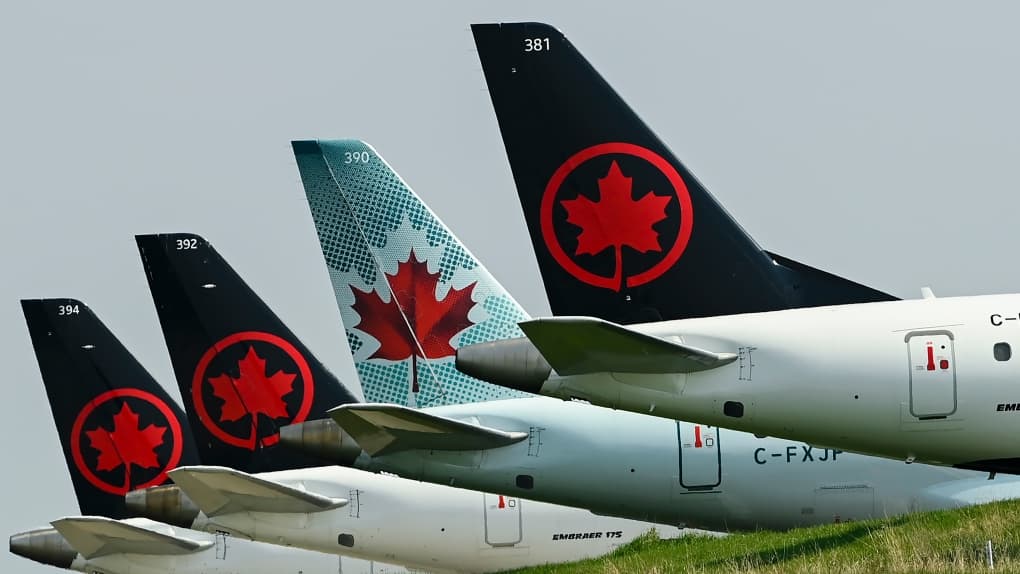Air Canada drug tests flight attendant’s hair following alleged ‘hijacking’ jokes
Published May 30, 2024 at 3:25 pm

Air Canada has been cleared to review the results of a drug test to see if a flight attendant who allegedly made jokes about hijacking a plane was smoking pot.
In April, the airline requested a hair sample from a flight attendant, known in arbitration documents as CB, after separate complaints were filed against the cabin crew worker by two of their Air Canada colleagues and roommates.
Those reports included allegations CB had made repeated jokes about taking over an airplane, and that they “owned a bong and was using it to smoke marijuana,” the documents show.
The first crew member said in a March 31 report that they had noticed “behavioural changes” and that CB “seemed dazed every other day and appeared to be under the influence of substances.”
A second complaint filed the same day by another crew member claimed that CB “owned a bong and was using it to smoke marijuana.”
Both crew members said CB had made “dark humour” jokes about hijacking an airplane if he was caught smoking pot.
At the time of the alleged incidents, CB lived in a house with 13 other Air Canada employees. He had taken time off for sick leave in March and was cleared to return to work in April.
But the roommates held a house meeting on March 29 where it was decided CB would be expelled as of May 1. CB’s housemates also encouraged the flight attendant to seek help from the Health Canada Employee Assistance Program.
All airline staff engaged in “safety-critical work” are prohibited from using cannabis or illegal drugs even when not on duty, and the company would normally use a saliva or urine test to try and verify whether CB had violated the policy.
But those tests can only detect either recent or week-old cannabis use, leaving the airline to request a hair sample from CB as several weeks had passed since the allegations were made.
The union fought Air Canada in arbitration on the hair test, saying it would cause “irreparable harm” and was ” was an unacceptable intrusion” into the flight attendant’s personal life.
Chief Auditor William Kaplan disagreed, saying the risk of CB returning to work “far outweighed” any privacy concerns.
“Those results needed to be known and, if they indicated substance use, the company needed to take action,” Kaplan wrote in his decision, saying Air Canada would be “derelict of the company to ignore the information.”
Air Canada cabin crew members are required to report the use of any medications which may cause impairment or impact their ability to perform their duties safely and effectively.
INsauga's Editorial Standards and Policies